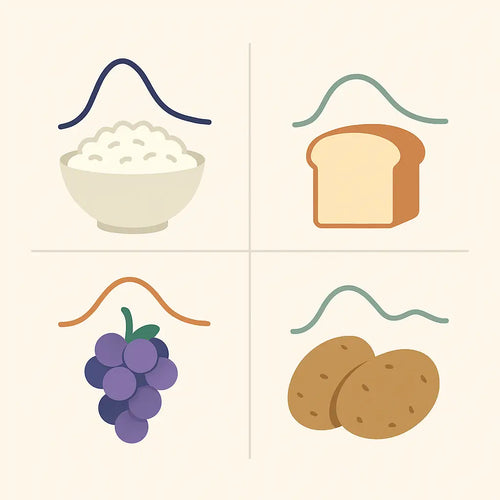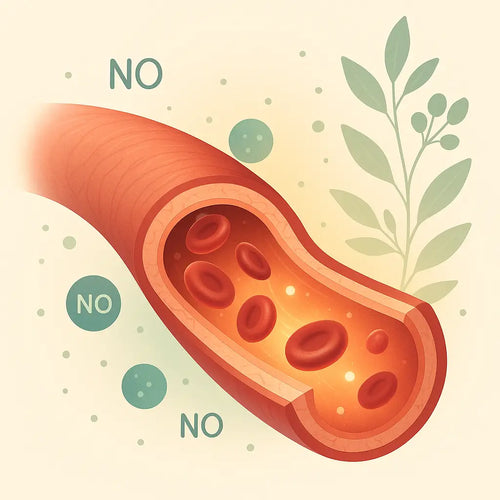Because oxidative stress causes tissue damage, the following study investigated pro-oxidant and antioxidant status in patients with osteoarthritis.
A significant increase in the levels of lipid peroxidation products was found in the red blood cells of the participants with osteoarthritis (Surapaneni KM, Venkataramana G, 2007).
It was also found that the activity of antioxidant enzymes was increased.
This means that the tissue of patients with osteoarthritis are exposed to more free radical damage.
The body is trying to reduce it by activating it’s antioxidant enzymes, but it is not able to reduce it enough because the lipid peroxidation products are increased.
What is also very interesting is that it is a significant decrease in the glutathione level of the red blood cells of these patients.
Apparently the body is using more glutathione than it is able to make in this condition.
How about rheumatoid arthritis which exhibits more severe inflammation?
When that was investigated it was found that lipid peroxidation was increased 3.1 fold compared to the control group (Hassan MQ, et al. 2001).
A significant depletion of approximately 50% of the glutathione level was also found when compared with the healthy control group.
When we are exposed to a lot of free radicals, the body is not able to produce enough glutathione which is the body’s most effective protection against free radical damage.
As we age, especially when we get to our forties, we start to produce less glutathione and we need more because low grade inflammation is usually increasing as we get older leading to more free radicals.
It makes sense to take glutathione, but remember regular glutathione (reduced glutathione), the most common form on the market, has been documented to not make any difference in glutathione status after 4 weeks of supplementation (Allen J, Bradley RD, 2011).
Regular glutathione is not able to get into the cells either.
S-Acethyl Glutathione however, is absorbed intact and can get into the cells where it is needed.
Allen J1, Bradley RD. Effects of oral glutathione supplementation on systemic oxidative stress biomarkers in human volunteers. J Altern Complement Med. 2011 Sep;17(9):827-33. doi: 10.1089/acm.2010.0716.
Hassan MQ1, Hadi RA, Al-Rawi ZS, Padron VA, Stohs SJ. The glutathione defense system in the pathogenesis of rheumatoid arthritis. J Appl Toxicol. 2001 Jan-Feb;21(1):69-73.
Surapaneni KM1, Venkataramana G. Status of lipid peroxidation, glutathione, ascorbic acid, vitamin E and antioxidant enzymes in patients with osteoarthritis. Indian J Med Sci. 2007 Jan;61(1):9-14.
Effective S-Acetyl Glutathione

Glutathione is your primary defense against aging.
It’s a very effective antioxidant the body makes to protect itself from free radical damage (oxidative stress). It can help repair cells that are damaged by stress, radiation, pollution, infection, and other illnesses.
Glutathione helps your cells function, and supports a healthy immune system. Research shows that glutathione deficiency can lead to increased susceptibility to diseases such as cancer, Parkinson’s disease and Alzheimer’s disease.









